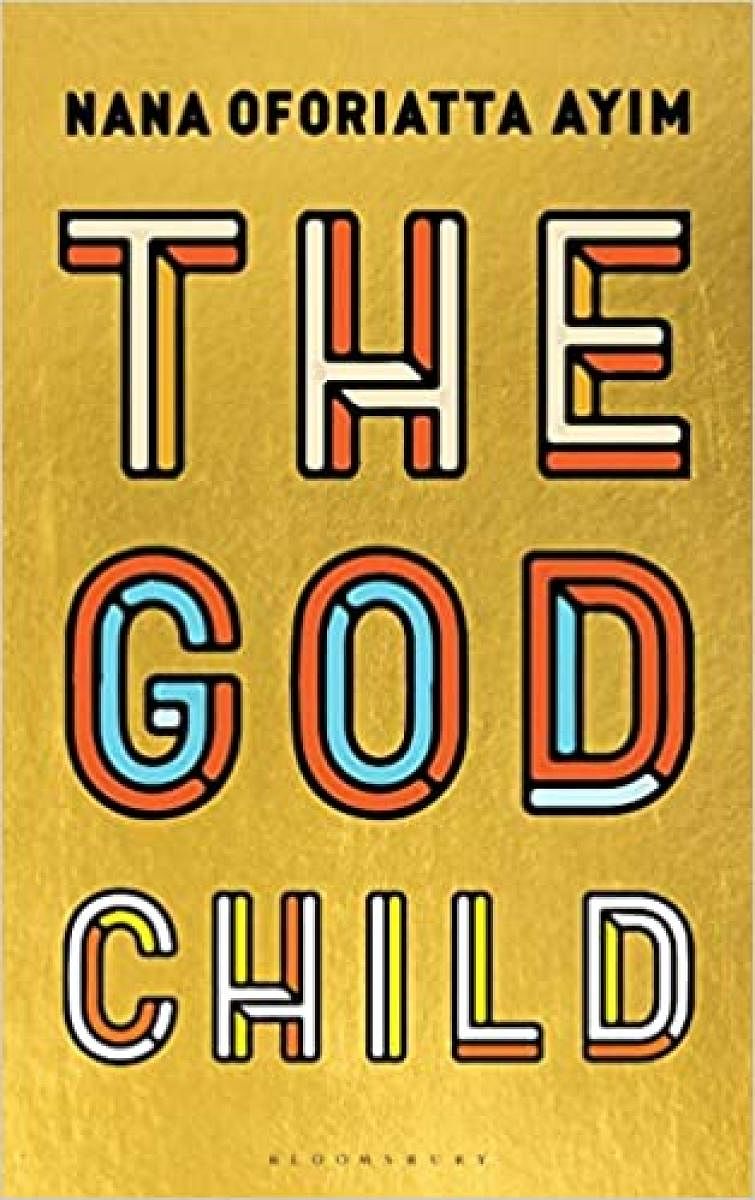
My mother was my first country, the first place I ever lived’. The author, Nana Oforiatta Ayim, opens the book, The God Child, with this catchy quote by Nayyirah Waheed. As one progresses through the book, one realises the profundity of this quote in terms of its relatability with the experiences of the chief protagonist Maya.
This captivating novel brings forth the psychological and emotional experiences of a young Ghanaian girl trying to construct her own identity, first as a child in Germany and England and then as a young woman in Ghana. A lot has been written on the themes of colonialism, white supremacy and the lingering effects of racism on society, but still, this book successfully touches upon the nerve of these sensitive issues in such a way that keeps the reader hooked.
The defalcation of the African art and artifacts and the attempts of the key characters to restore their country’s lost history and culture is presented as one of the central themes in the work. From gender politics to living as a young black immigrant in Europe, the book is invigorated with rich characterisations and brightly detailed scenes.
Stand out or blend in
Maya, whose childhood and growing up years are torn between Germany, England and Ghana, is perceived as a foreigner in her home country and outside too. She stands out in the former because of her mannerisms and in the latter because of her external attributes. She longs to be invisible at times, but is too conspicuous not to stand out, sometimes because of curiosity, other times due to ridicule or disregard.
Maya’s parents are quite different from each other and also from the world where she is growing up. Her father is a reserved and educated man, while her mother is a gregarious woman with a penchant for dressing-up and lavish shopping. She loves spinning stories of the family’s former glorious past leaving the young Maya with more questions in her mind. As Maya seeks to find answers to her questions from her learned father, his answers often leave her more puzzled. In one of the conversations with her father, she asks him, ‘why does Mowgli have to leave his home, friends and family?’ The father replies, ‘because, he has to learn from the humans. Just like you have to learn from these people here.’ Much later, she realises that her father was like an unknown in an unknown land, that he was lost and that she was lost with him.
Our roots and ancestral history affect us in subtle, yet profound ways, intensifying the quest in us to decipher our identity, our purpose and probable future. Listening to her mother’s stories, an intrigued Maya is desperately keen to quench her enquiries for which she turns to Kojo. Kojo, her cousin and her mother’s godchild, arrives in the family one Christmas and both the children develop a strong sibling bonding, marked by mutual love and disagreements, yet superseded by strong concern and care for each other.
The arrival of Kojo changes everything. Kojo’s passionate talks about Ghana, its empire and the plundering of the country’s treasures by colonialists, provide Maya with a sense of understanding of her identity.
The story moves between Germany and England and Ayim paints each landscape perfectly.
The way Ayim expresses discriminatory aspects through the experiences of young Maya and Kojo, evoking the emotional side of the reader, is remarkable. The narrative culminates in an adult Maya’s visit to Ghana, where she reunites with her troubled and now powerful cousin Kojo. She witnesses Kojo’s despairing struggle to establish a museum in Accra that he hopes will restore the family’s dynastic cultural lineage and country’s heritage. Navigating through personal misfortunes, loss in family, cultural complexities, attempts to set up a museum, the chief protagonist Maya, finds her purpose and voice.
Ayim’s promising debut successfully captures the Ghanaian expatriate experiences in the 1970s and 80s. The only noticeable limitation is that as the vibrant story switches from one timeline to another, certain parts seem a little rushed, especially in the closing chapters.